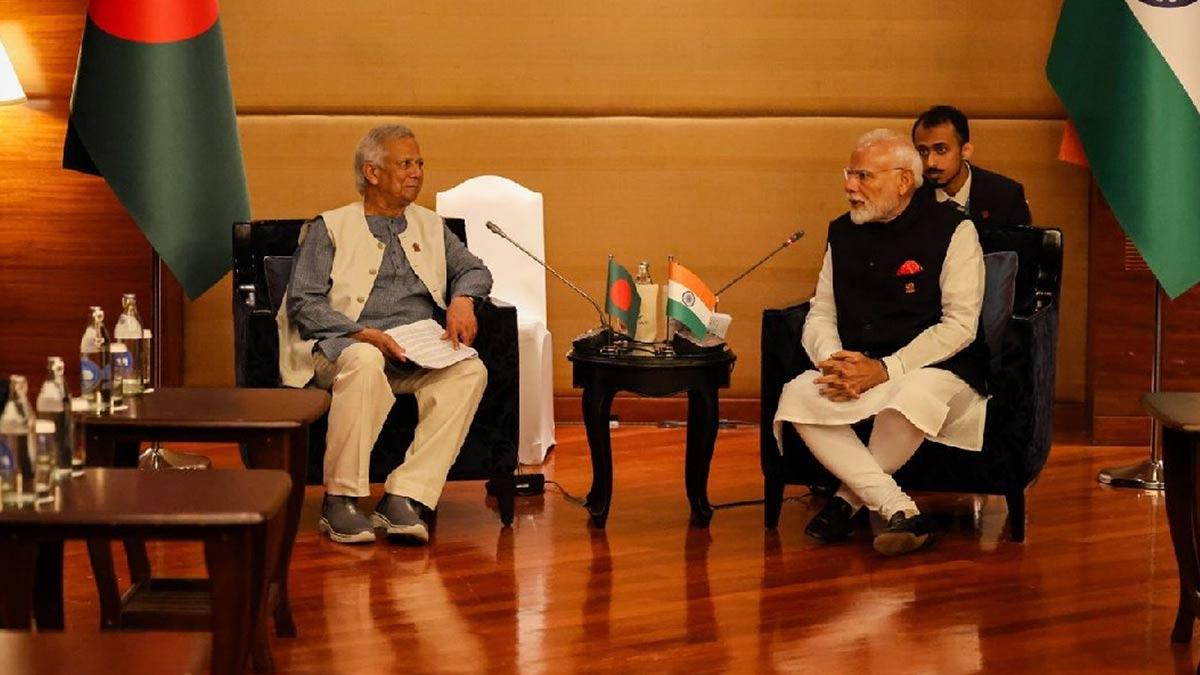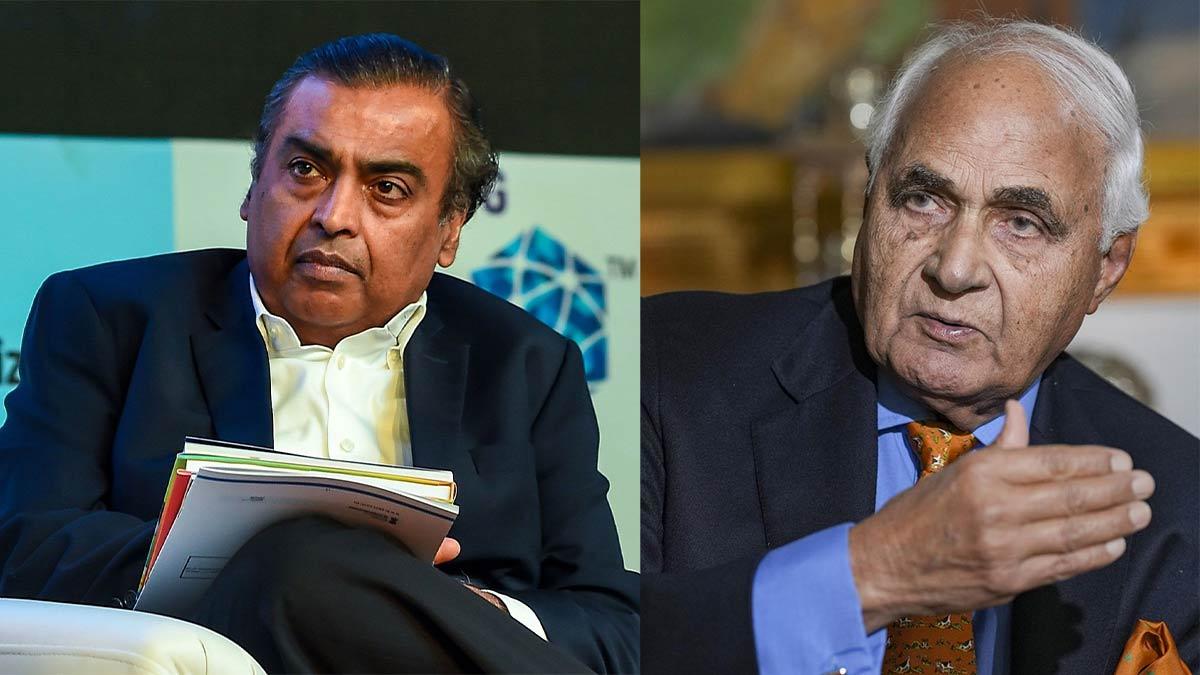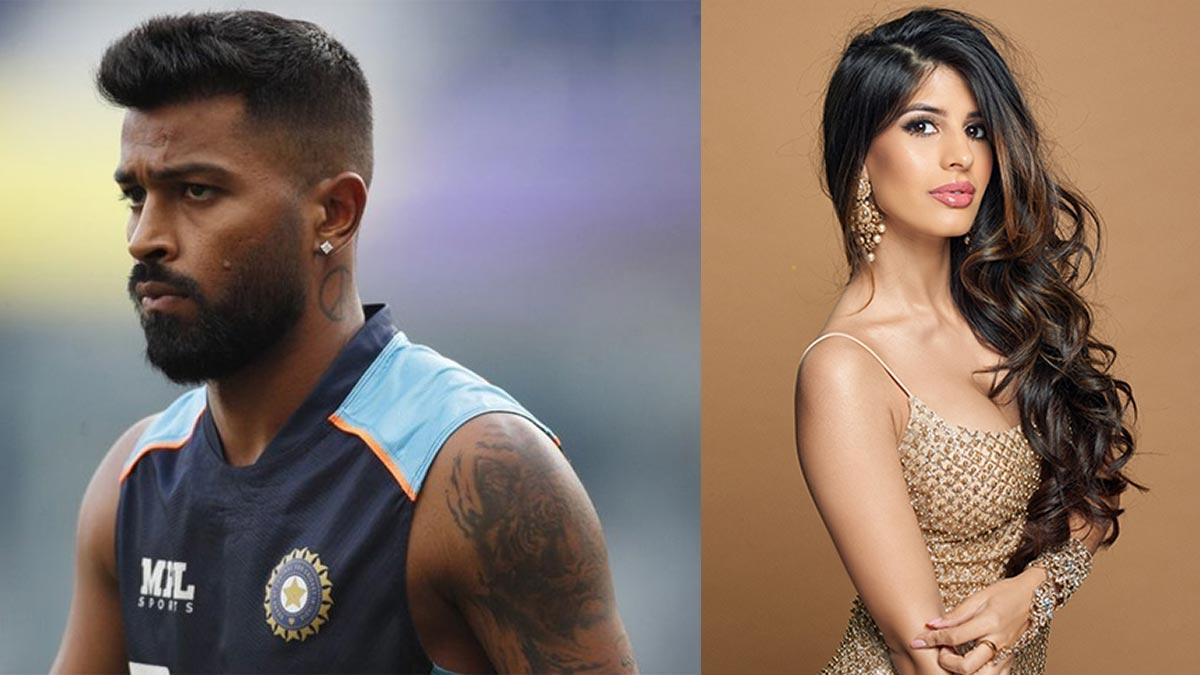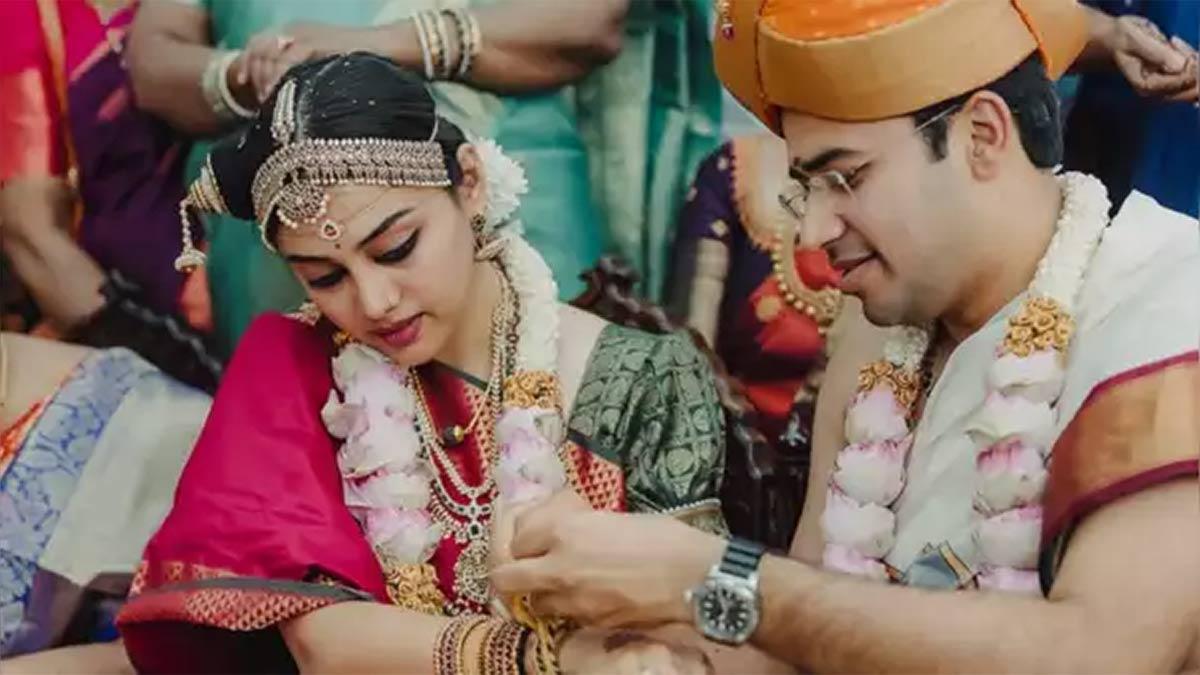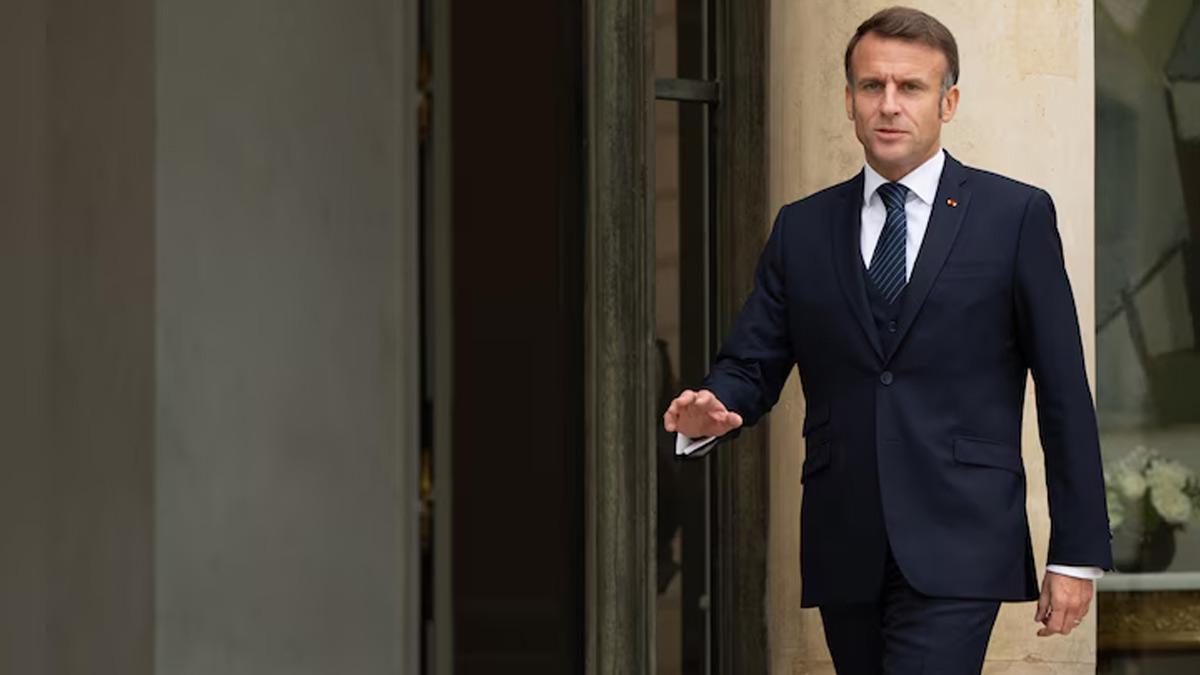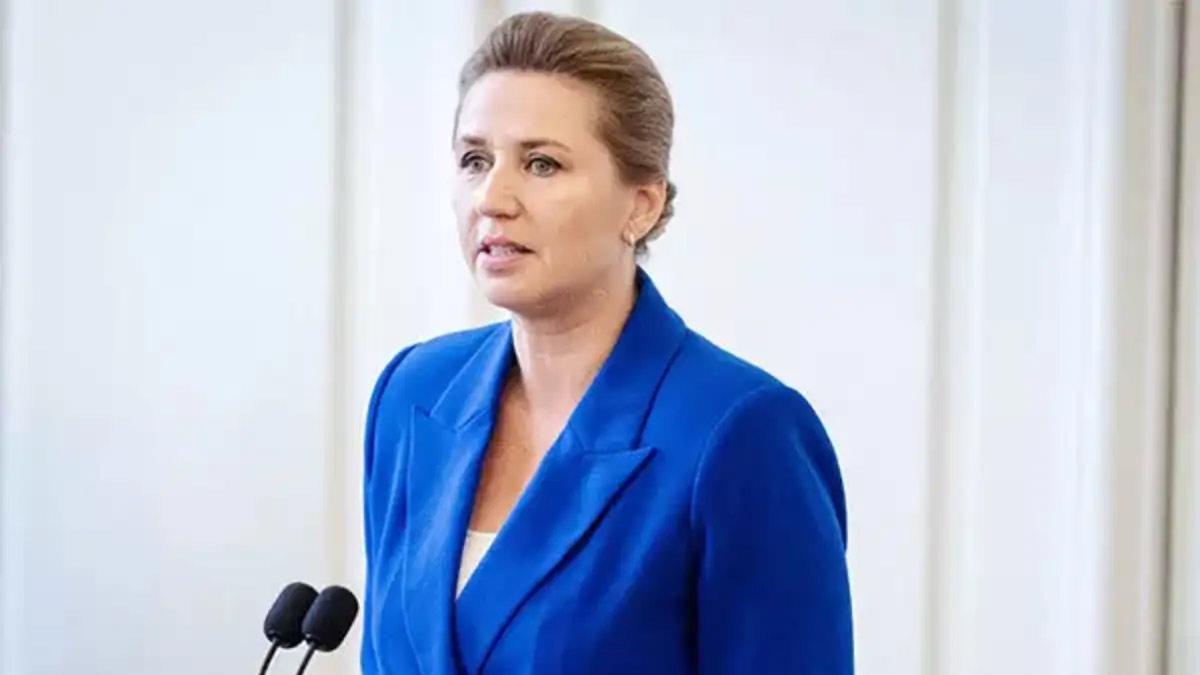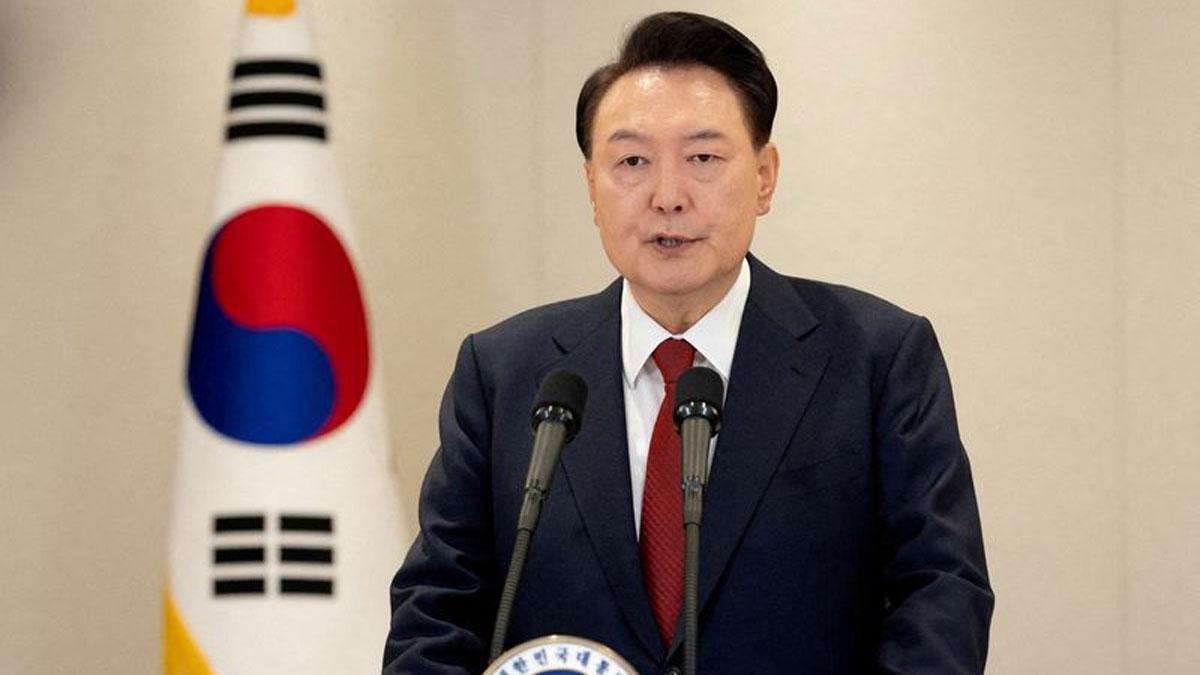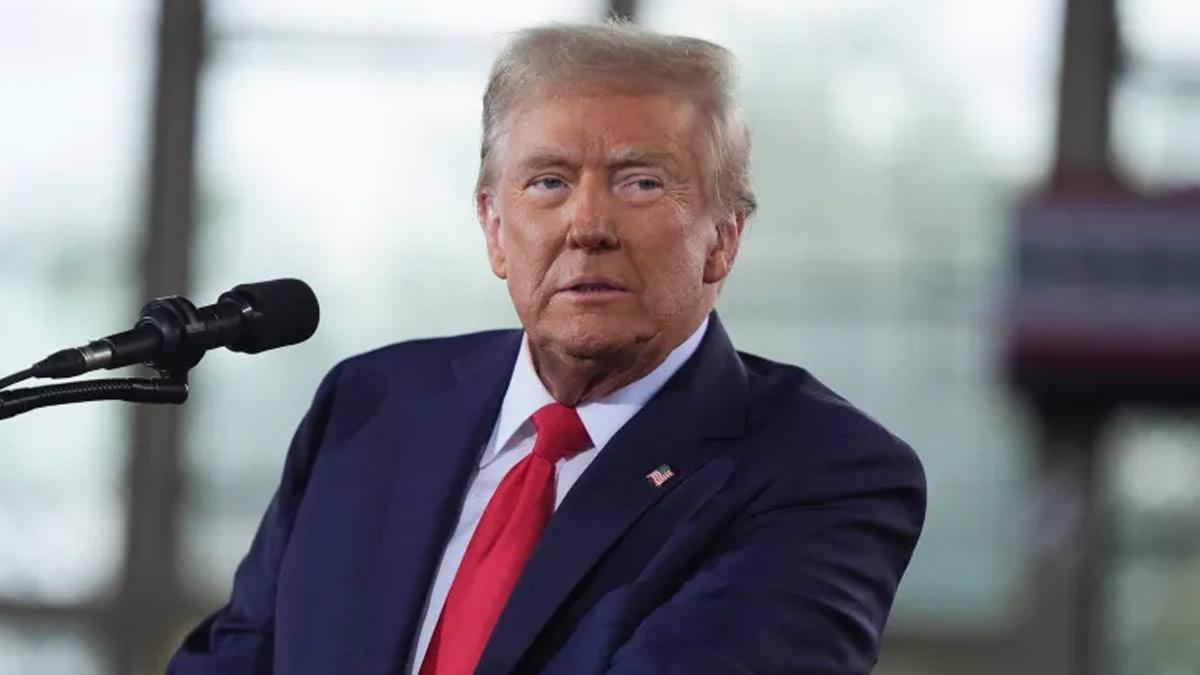Prime Minister Narendra Modi had a meeting with Muhammad Yunus, the Chief Advisor to Bangladesh's interim government, on Friday in Bangkok, their first official interaction since Yunus took office in August last year.
The meeting was on the sidelines of the 6th BIMSTEC Summit and at a time when there is a change in dynamics in India-Bangladesh relations.
Yunus heads the caretaker government that ousted former Bangladeshi Prime Minister Sheikh Hasina's regime. Relations between New Delhi and Dhaka have been rocky since the leadership change, so this conversation is an important step in rebalancing diplomatic relations.
After the meeting, Yunus' office tweeted on X: "Chief Adviser Professor Muhammad Yunus and Indian Prime Minister Narendra Modi join a bilateral meeting on the sidelines of sixth BIMSTEC Summit in Bangkok, Thailand on Friday."
A Strategic Meeting Amid Regional Developments
The timing of the bilateral discussions is especially significant, following Yunus' recent visit to China and his meeting with Chinese President Xi Jinping. During his visit, Yunus referred to Bangladesh as "the only guardian of the ocean" in the region and indicated that India's northeastern states—the "Seven Sisters"—would be helped by increased economic linkage through Bangladesh, falling within China's economic orbit.
Prior to their official meeting, PM Modi and Yunus briefly interacted on an informal note during a ceremonial dinner organised by Thai Prime Minister Paetongtarn Shinawatra. Photos of both leaders having a seat next to each other were posted on the official X account of Bangladeshi Chief Advisor.
In a statement to Bangladeshi media, Chief Advisor's Deputy Press Secretary Abul Kalam Azad confirmed the two leaders "met each other" at the dinner party before sitting down to direct diplomatic talks on Friday.
Diplomatic Recalibration Amidst Challenges
The Dhaka interim government had been looking for a direct line of communication with India, and the BIMSTEC Summit was the first chance for both countries to officially talk to each other. The importance of this meeting is also heightened as Bangladesh will be taking over the BIMSTEC chairmanship, which could have an impact on the direction of regional cooperation in the future.
However, relations between India and Bangladesh have been under strain since Sheikh Hasina’s departure. Concerns have grown in India over increasing attacks on the Hindu minority in Bangladesh under the new administration. While the Bangladeshi government acknowledges these incidents, it asserts that they are politically motivated rather than religiously driven.
PM Modi’s Diplomatic Outreach to Bangladesh
In the backdrop of these tensions, Prime Minister Modi sent a message to Yunus on the National Day of Bangladesh, stressing the strong historical ties between the two countries.
"I convey my best wishes to you and the people of Bangladesh on the occasion of the National Day of Bangladesh," PM Modi said.
"This day is a testament to our common history and sacrifices that have established the foundation of our bilateral partnership. The spirit of Liberation War of Bangladesh still remains a guiding light for our relationship, which has grown in various areas, bringing concrete benefits to our people," he added.
The Prime Minister also reaffirmed India's intention to further bilateral relations, saying, "We remain committed to developing this partnership, fueled by our shared desires for peace, stability, and prosperity, and rooted in mutual sensitivity to each other's interests and concerns. Please accept, Excellency, the assurances of my highest consideration."
The Road Ahead
With Bangladesh formally assuming chairmanship of BIMSTEC, the trajectory of India-Bangladesh relations will largely depend on how the two sides maneuver through existing diplomatic issues. Friday's summit created a first point of contact, but much will depend on future interactions and politics in both nations.
Read also| Donald Trump Says India to Slash Tariffs Significantly Ahead of 'Liberation Day' Deadline

